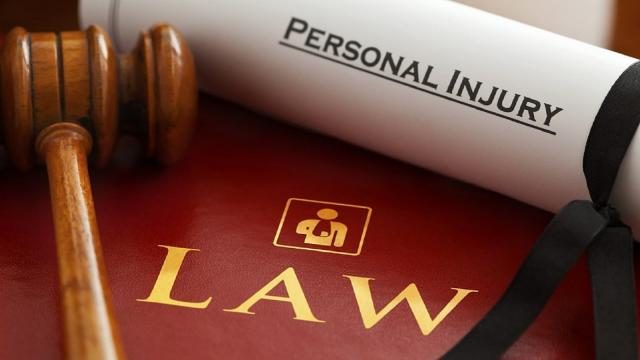
While it may not be the first thing on your mind immediately following a personal injury, collecting evidence in the first few days following your accident is essential for building a strong case. Any injury attorney will tell you; evidence collection should begin as soon as possible to enhance your case.
The ultimate goal of any personal injury claim is to show that another party was at fault for your accident, either through their direct actions or indirectly, as a result of their failures to act. Your case hinges on finding reliable evidence to prove this fact.
Preserve the Physical Evidence
Firstly, you will need to preserve as much physical evidence as possible from the scene of the accident. If your clothing was ripped or stained with blood, keep it. If your car is dented, don’t hammer it out, it could be used as evidence to show the force involved in the accident.
Keep the physical evidence exactly as it was where possible. If this is not possible, for example, the physical evidence is not yours to keep (e.g. a broken stair that caused you to trip), be sure to photograph it extensively to support your case at a later date. You can never have too many photos. Be sure to use a camera or phone which can time-stamp the photos with the exact time, date and, if possible, location the photo was taken.
Extensively cataloguing and photographing your injuries is also essential. Bruising, burns and lacerations trace the story of the accident across your flesh. They are fruitful in narrating the story of your injury.
Keep Any and All Documents You Receive
If you are given a police report, keep it. Medical records, security camera footage, newspaper cuttings, public records, anything that documents the events surrounding your injury should be kept and presented to your attorney.
Contact the police for a copy of the police report. Similarly, contact security companies for closed-circuit television footage that may have captured the injury or, if your accident occurred in a commercial property, ask for a copy of the accident report they filed.
Record Any Missed Work Days
If your accident caused you to miss work, keep a record of the dates and times you were unable to work, and ask for documentation from your employer detailing the reason why you missed work, your job title, and pay rate to calculate your exact loss of earnings over this period.
Gather Contact Details
Independent witness statements that support your version of events can play a crucial role in creating a strong personal injury claim. At the scene of the accident, be sure to take down the contact details of anyone who may have seen your injury.
It is best to contact the witnesses the same day, or the days following the accident and get a signed and dated copy of what they saw. The less time elapsed between the accident and the witness’s statement, the more clout the statement has. You want to ensure you are getting the most accurate version of events. This means getting a statement while the accident is fresh in a witness’s mind.
Gathering your evidence thoroughly and in the correct way can mean the difference between an easy victory for your case, and a narrow defeat. Time is of the essence and the sooner you can begin gathering evidence, the stronger that evidence becomes.
Support InfoStride News' Credible Journalism: Only credible journalism can guarantee a fair, accountable and transparent society, including democracy and government. It involves a lot of efforts and money. We need your support. Click here to Donate
